shoulder finger ladder
shoulder finger ladder Specification
- Application
- Home
- Use
- Home
- Material
- Plastic
- Portable
- Yes
- Dimension (L*W*H)
- 38 x 12 x 8 cm Centimeter (cm)
- Weight
- 0.700 Kilograms (kg)
About shoulder finger ladder
Material:
- Wood: This is the most common material. It's typically made from smooth, finished hardwood like eucalyptus or a similar durable wood.
- Plastic: Some variations might be made from plastic, offering a lightweight and potentially more affordable option.
- Metal: While less common for the finger ladder itself, some wall-mounted rehabilitation systems might incorporate metal frames.
2. Overall Dimensions:
- Length/Height: Typically ranges from 54 inches (approx. 137 cm) to 60 inches (approx. 152 cm). This allows for a good range of motion exercises from various starting positions.
- Width: Usually quite narrow, around 2 inches (approx. 5 cm) to 3 inches (approx. 7.6 cm). This slim profile is designed for finger and hand exercises, not full-body support.
- Thickness/Depth: Around 1 inch (2.5 cm) to 1.5 inches (3.8 cm). This provides enough depth for the steps to be carved or attached.
3. Steps/Rungs:
- Number of Steps: Most standard finger ladders have 36 steps.
- Step/Rung Interval (Spacing): This is a critical dimension for progressive exercise. The steps are typically spaced at 1 1/4 inches (approx. 3.18 cm) intervals (centerline to centerline). This small, consistent spacing allows for very gradual increases in the range of motion.
- Step Type: Often simply carved depressions or small, protruding bars/ridges in the wood or plastic. They are designed for individual finger placement.
4. Mounting:
- Wall-Mounted: The most common configuration. They come with pre-drilled holes for secure attachment to a wall. Mounting hardware is often not included, so users need to provide appropriate screws or anchors for their wall type.
- Over-the-Door (Portable): Some newer, more portable versions are designed with a strap or hook to hang over an interior door. These are convenient for home use.
5. Features and Uses:
- Progressive Mobility: The closely spaced steps allow for a gradual increase in the reach and range of motion of the shoulder, elbow, wrist, and fingers.
- Rehabilitation: Used for recovery from conditions like frozen shoulder, rotator cuff injuries, fractures, post-surgical recovery, and neurological conditions affecting upper limb function.
- Exercise Variety: Patients "climb" the ladder with their fingers, moving them up and down, side to side, and performing various gripping exercises.
- Feedback: The highest step a patient can reach provides immediate feedback on progress.
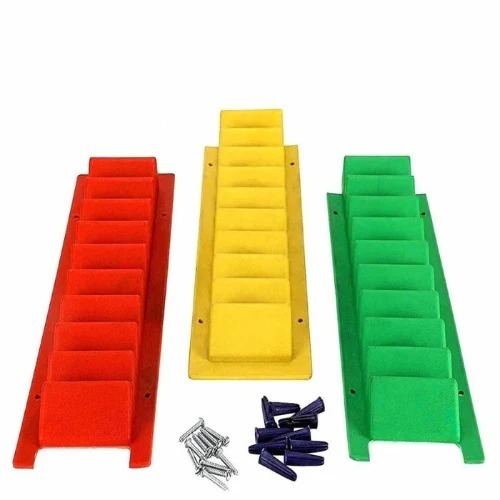

Price:
- 50
- 100
- 200
- 250
- 500
- 1000+
More Products in Therapy Equipment Category
Metallic Exercise Corner Stair Case Therapy
Price 19000 INR / Piece
Minimum Order Quantity : 1 Piece
Material : The product shown is an exercise staircase, and it is typically constructed from a combination of materials for durability and safety.Frame and Handrails: The supporting frame and handrails are generally made from steel or other metals. These components may be constructed from tubular steel or mild steel (MS) and can have a powdercoated or chromeplated finish. Steps: The steps are often made from a commercial board or other sturdy material and are covered with a nonslip mat or surface to ensure user safety during rehabilitation exercises.
Display : NIL
Power Source : Manual
Usage : The product shown is a rehabilitation or exercise staircase, also known as a physio or therapy staircase. It is used in physical therapy and rehabilitation centers for the following purposes:Gait Training and Mobility: It helps patients practice walking and climbing stairs in a controlled environment. Balance and Coordination: It aids in improving balance and coordination, which is crucial for patients recovering from injuries, surgery, or strokes. Lower Limb Strengthening: The stairs are used to strengthen muscles in the legs and feet. Rehabilitation: It is a key tool for postsurgery rehabilitation and for geriatric physiotherapy programs.
Disk Swing
Price 6000 INR / Piece
Minimum Order Quantity : 1 Piece
Material : The disc swing in the image is designed for sensory integration therapy and balance training. Swings of this nature are generally made from a variety of materials depending on the manufacturer and intended use. Common materials include:Foam and Fabric/Vinyl: The product pictured appears to be foamcovered, likely with a durable vinyl or fabric upholstery. Plastics: Many disc swings are made from premium thick plastic or polypropylene (PP). Wood: Some highend options use materials like birch wood. Rope/Hardware: Ropes are often made of polyester or PE rope, and hardware is typically metal.
Display : NIL
Power Source : Manual
Usage : The product in the image is a disc swing (also known as a flexion swing or T swing bolster), which is primarily used as a sensory integration tool in therapeutic and educational settings. Key usages and benefits include:Sensory Integration: The swing is designed to stimulate and regulate both vestibular (balance) and proprioceptive (body awareness) sensations. Therapeutic Aid: It is commonly used by therapists and schools, proving beneficial for children with conditions such as autism, sensory processing disorder, and ADHD. Skill Development: Swinging and holding on to the bolster can help develop upper body strength, coordination, motor skills, and balance. Movement Variety: It supports various movements, from gentle linear (backandforth) or rotational (spinning) motions, which can have either a calming or alerting effect depending on the speed. Versatile Use: The design allows children to stand or sit on the large padded base to swing.
Tube Swing
Price 7500 INR / Piece
Minimum Order Quantity : 1 Piece
Material : The cover material for the tube swing is typically polyamide. The swing features a heavyduty, zipped cover. The cover material is specified as 100% polyamide for a similar "Rainbow" tube swing.
Display : NIL
Power Source : Manual
Usage : The product shown in the image is a tube swing, which is primarily used as a therapeutic tool and a children's toy.Therapeutic Use: The swing is widely used in occupational therapy, physiotherapy, and sensory integration therapy. It is particularly beneficial for children with conditions such as autism, ADHD, and sensory processing disorders. Benefits: Its use helps to enhance sensory processing, improve balance, and develop coordination skills. It can also provide a soothing and calming environment that helps reduce anxiety and improve focus.
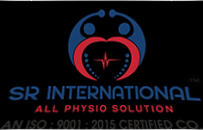

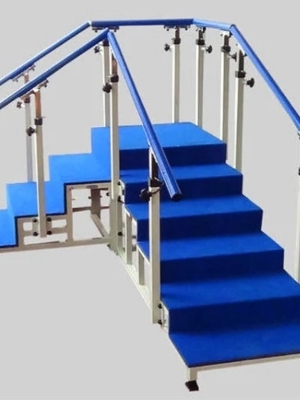
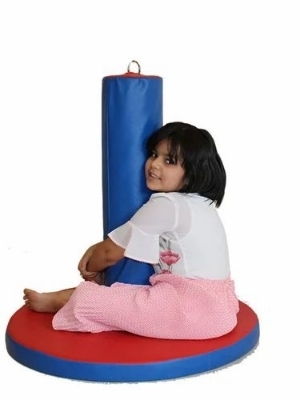
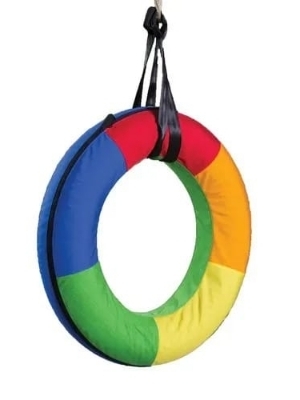
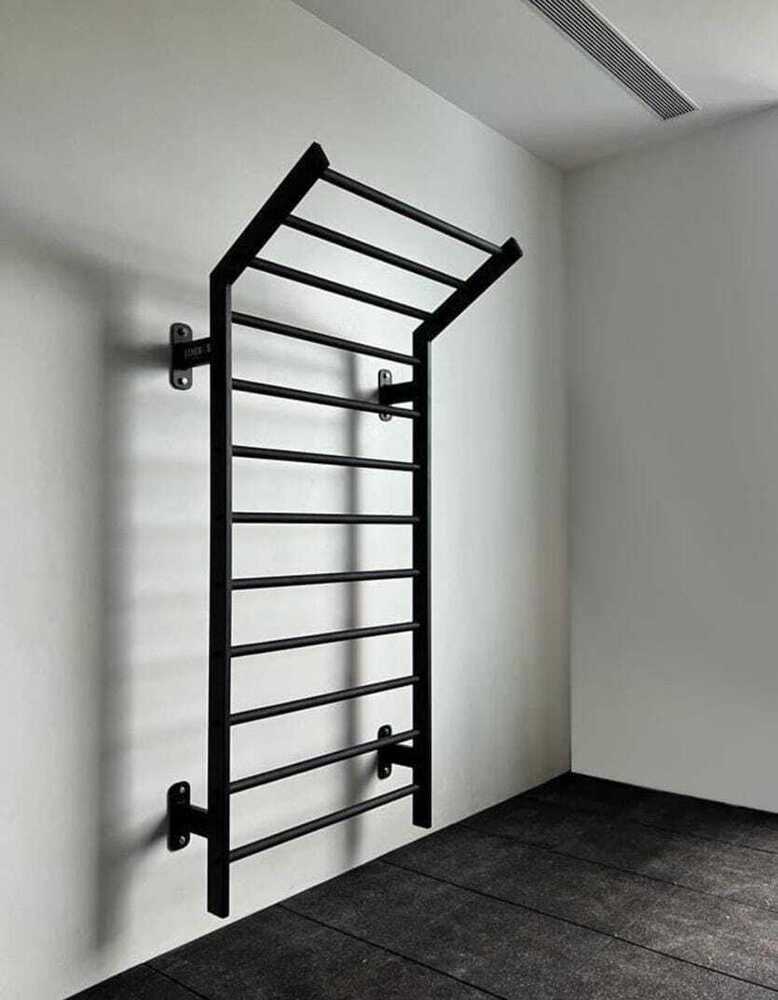


 Send Inquiry
Send Inquiry Send SMS
Send SMS